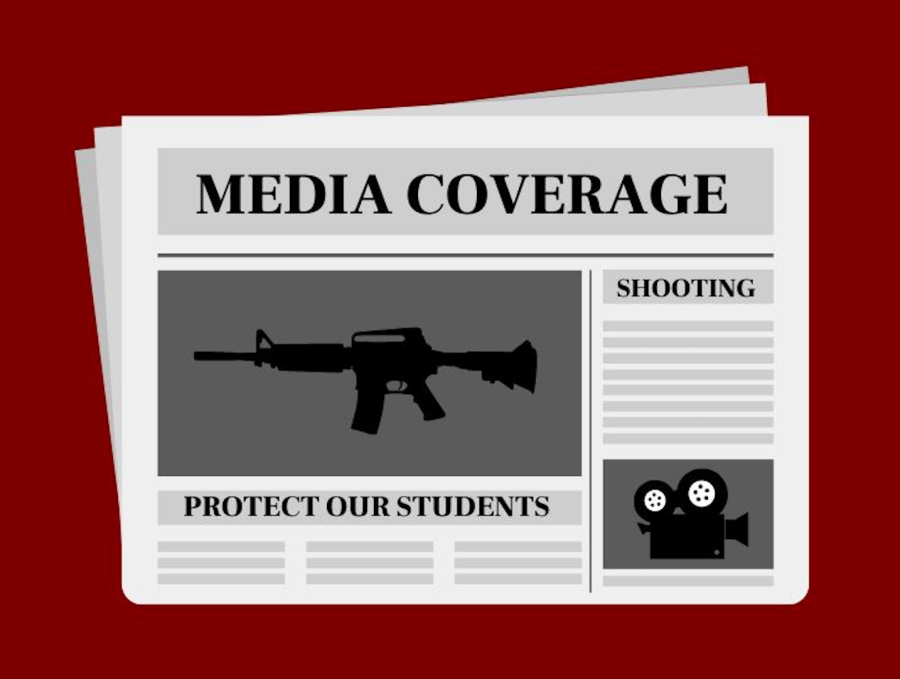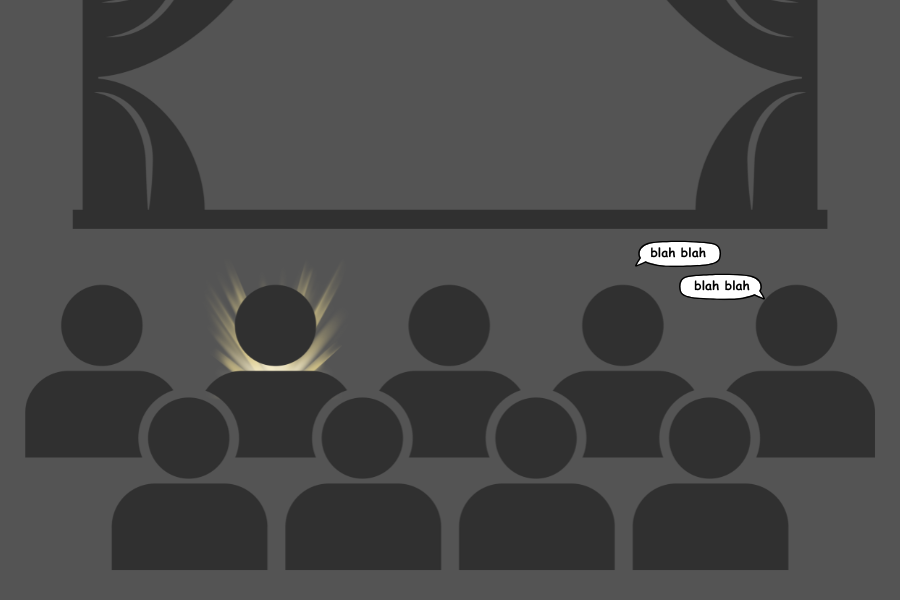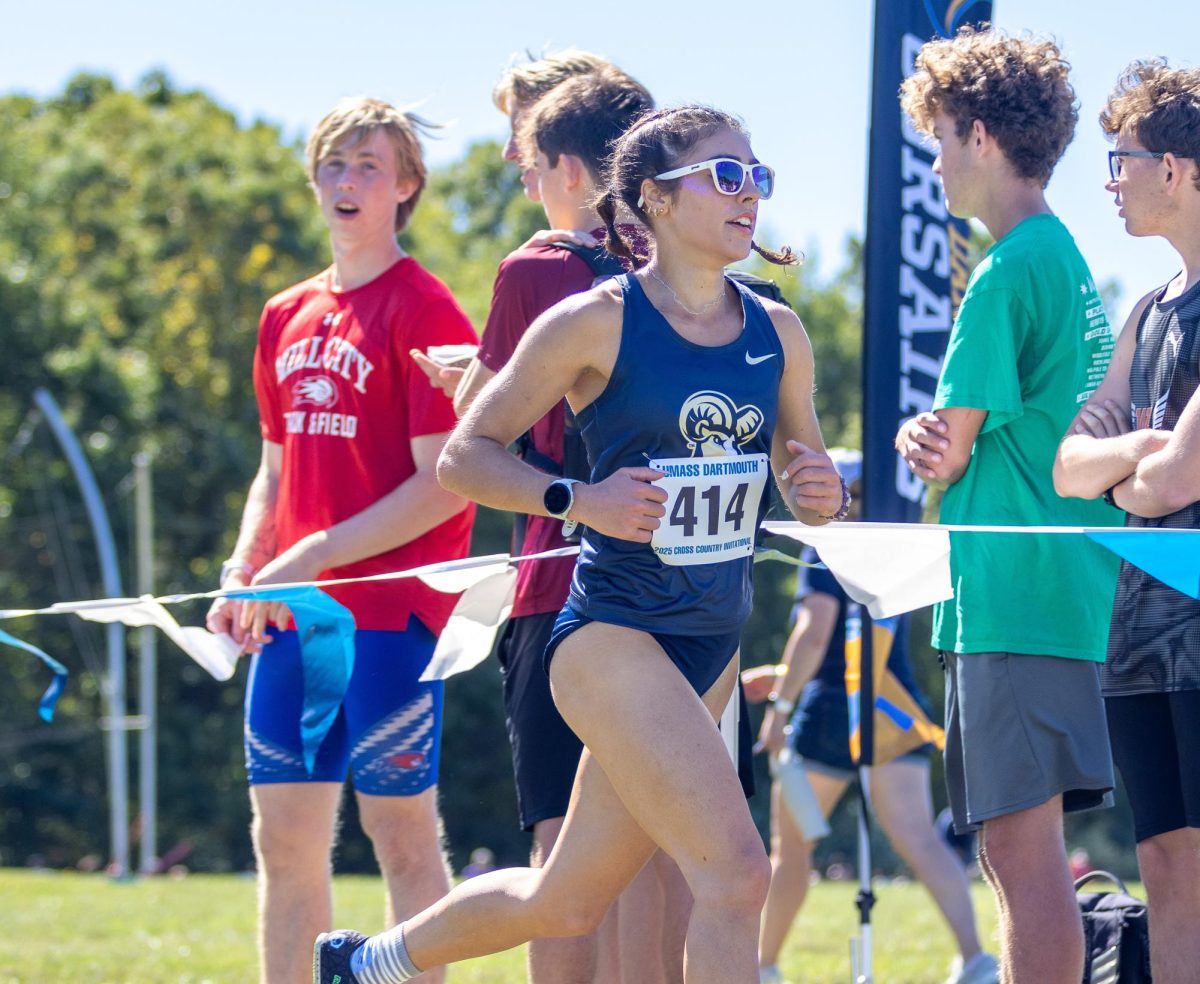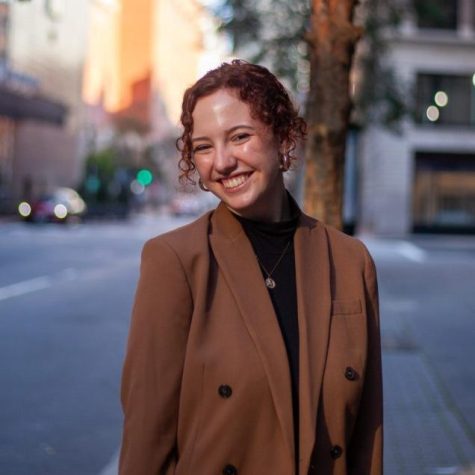Content warning: The following contains discussions of gun violence and death
The National Violence Gun Archive reported 136 mass shootings since the beginning of 2023. We only hear about a small portion on the news, the most “headline-worthy” of which take place at schools and universities.
Three students were killed in a shooting at Michigan State University Feb. 13 and just last week three adults and three children were killed at an elementary school in Nashville, Tennessee.
As a journalist, I understand the importance of news and the media, and have worked on helping to cover shootings myself. However, as a student and, above all, a human being capable of empathy, I know there needs to be a change in how the media covers mass shootings.
Students at Michigan State expressed their discomfort with being interviewed and thrust into the national spotlight in the midst of tragedy. The university even issued “No Media” signs for students at public events to blatantly show reporters that that particular student did not want to be approached.
A university is a unique community. On campus, your friends are your family and your professors can turn into mentors. Death and tragedy hit the core of every student, whether or not they were connected to the victim.
As journalists, we should always be mindful of talking to anyone in the community about a mass shooting. Whether they lost a child, a friend or a stranger, the loss is something we must be sensitive to. If a student says they are not comfortable being interviewed, that is a signal to stop pushing.
Let them grieve, the story can come second to their healing.
Student journalists are also put in a particularly difficult position. We are expected to cover campus news — even when that news is a mass shooting.
Following the Nov. 13 shooting at University of Virginia, the university’s newspaper, The Cavalier Daily, published an update on their coverage on Twitter.
“The role of student journalists is twofold — we aim to bring the University and Charlottesville community the news and stories that matter in a truthful and honest way. We wish to remind our readers that we are also students who are processing and grieving as members of this community,” the tweet said. The tweet goes on to say that their staff will continue reporting as they feel they are able to and asked anyone who wished to speak or share their story to reach out to the editors.
While met with much praise from both the student body and fellow journalists nationwide, one editor at the Washington Post had something else to say.
“At UVa, student journalists decide not to do student journalism but instead invite readers to get in touch if they’d like to chat,” wrote Marc Fisher, a Post senior editor, in a now-deleted tweet.
In his ill-timed and disappointing comment, Fisher demonstrated the true rift that is between the media and coverage of shootings. Student journalists are not expected to be human beings, members of a community struck by tragedy. We are expected to write without grieving our own classmates and interview our peers without caring whether or not they feel well enough to do so.
Mass shootings have become all too common in the United States, and it seems that this eerie normal has caused us as the media to lose our sensitivity. As we continue to grapple with gun control and how to best protect our citizens, journalists as a whole must allow themselves, as well as the community, to properly grieve.
As a student journalist, I am proud to represent and cover my community here at Suffolk. The media is vital to a thriving community and democracy, but we must prioritize reporting with empathy in today’s world.
















